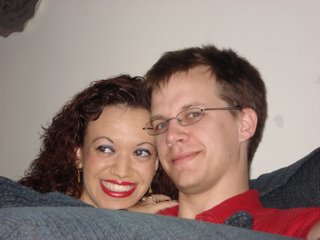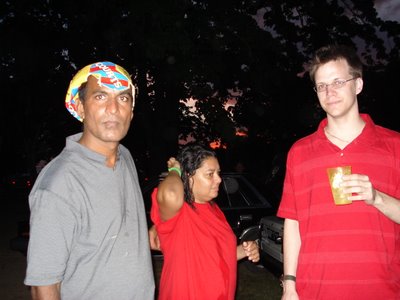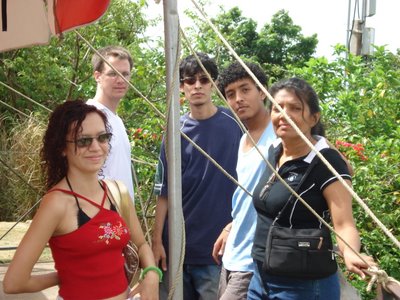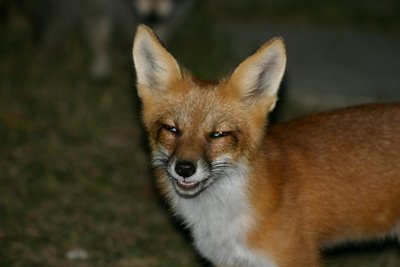Some Of Your Blood
 Taking a break from the decadent, cult horror of Richard Laymon's Body Rides, yesterday, I picked up and started reading Theodore Sturgeon's classic 1956 pulp-horror story, Some Of Your Blood. I learned about Sturgeon by accident, incidentally, while perusing the website of a notable, modern "classic horror" publication company, Millipede Press, after I had read their recent edition of Ramsey Campbell's The Face That Must Die. Their re-print publications are what I would consider horror's equivalent to the academic Norton Critical Editions - complete with a learned introduction by a notable modern horror author reflecting on the work's significance, and justifying its apotheosis into the literary canon, as well as extra tidbits. Other forthcoming titles include Frederic Brown's Here Comes a Candle, and Roland Torpor's The Tenant, William Hjortsberg's Falling Angel, and John Franklin Bardin's The Deadly Percheron.
Taking a break from the decadent, cult horror of Richard Laymon's Body Rides, yesterday, I picked up and started reading Theodore Sturgeon's classic 1956 pulp-horror story, Some Of Your Blood. I learned about Sturgeon by accident, incidentally, while perusing the website of a notable, modern "classic horror" publication company, Millipede Press, after I had read their recent edition of Ramsey Campbell's The Face That Must Die. Their re-print publications are what I would consider horror's equivalent to the academic Norton Critical Editions - complete with a learned introduction by a notable modern horror author reflecting on the work's significance, and justifying its apotheosis into the literary canon, as well as extra tidbits. Other forthcoming titles include Frederic Brown's Here Comes a Candle, and Roland Torpor's The Tenant, William Hjortsberg's Falling Angel, and John Franklin Bardin's The Deadly Percheron.Theodore Sturgeon is also somewhat recognizable, at least satirically, and indirectly, in his amusing literary re-incarnation as Vonnegut's Kilgore Trout.




















